Islamic centres in New York City are facing a pressing challenge during the holy month of Ramadan: meeting the increasing needs of migrants, particularly those arriving from Muslim-majority African countries. With a surge in asylum seekers seeking refuge, mosques have become pivotal in offering shelter and sustenance to the homeless newcomers. This influx has placed a significant strain on the resources of these Islamic institutions, compelling them to appeal for donations and extend their support to provide temporary housing and meals, especially during the daylight hours.
Despite their unwavering commitment to assisting those in need, mosque leaders acknowledge the daunting task at hand, recognising the dire circumstances faced by migrants upon their arrival in the city. Many mosques have opened their doors to provide a sanctuary for migrants during the day, offering a respite for individuals who may have spent restless nights on the streets or in the subway.
The challenges posed by the migrant crisis have underscored the need for sustainable solutions beyond the capacity of faith-based organisations alone. While mosques have stepped up to fill the gap in providing essential services, there are concerns about the long-term viability of relying solely on their support. Efforts by the city to provide financial assistance and logistical support for religious shelters have been slow to materialise, leaving many mosques struggling to meet the escalating demand for overnight accommodations.
Bishop Matthew Heyd of the Episcopal Diocese of New York emphasised the willingness of faith-based groups to offer assistance but highlighted regulatory obstacles hindering their ability to provide shelter on a larger scale. Despite these challenges, mosques like Jamhiyatu Ansaru-Deen in the Bronx continue to offer refuge to migrants, albeit under less-than-ideal conditions.
Migrants staying at these mosques express gratitude for the support extended to them but acknowledge the difficulties inherent in their current living arrangements. Individuals like Malick Thiam and Alphabacar Diallo, awaiting work authorization and striving for self-sufficiency, rely on these mosques not only for essential services but also for spiritual guidance during this period of transition and uncertainty.

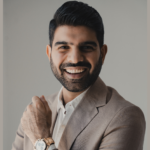




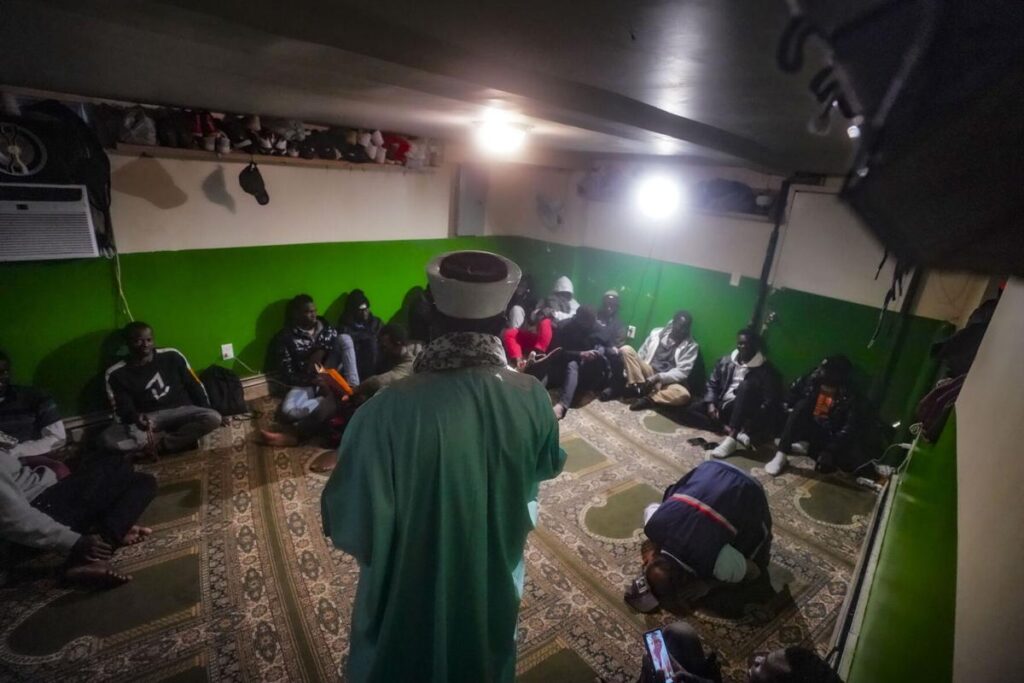
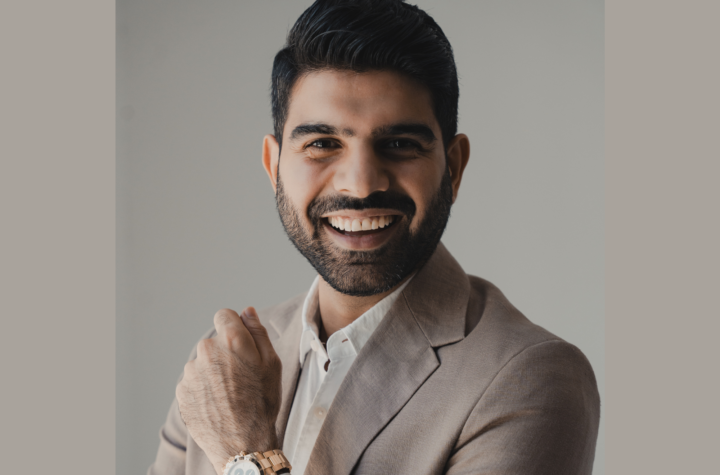
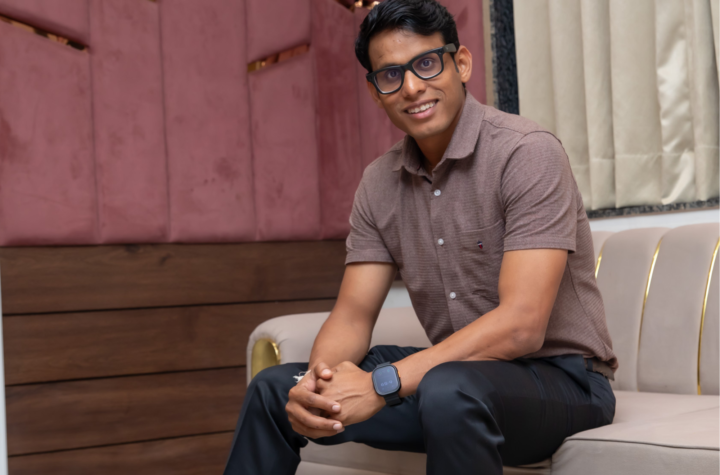

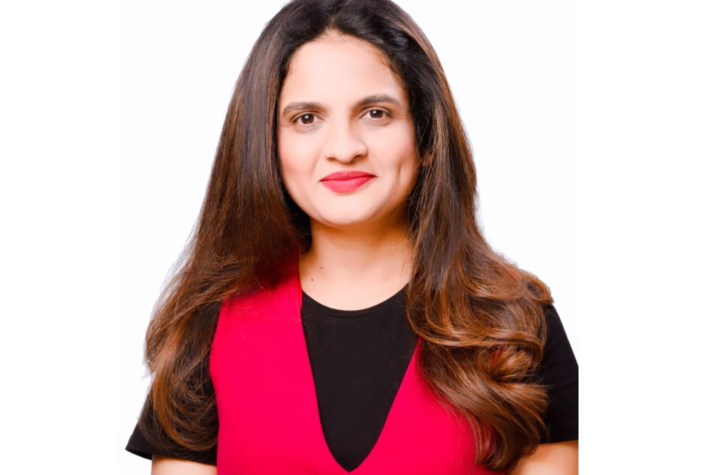
More Stories
India and China resume direct flights amid improving relations
AI Boom Powers Nvidia’s Growth Despite Rising US-China Tensions
Georgia’s richest man is reportedly shifting funds to bypass US sanctions